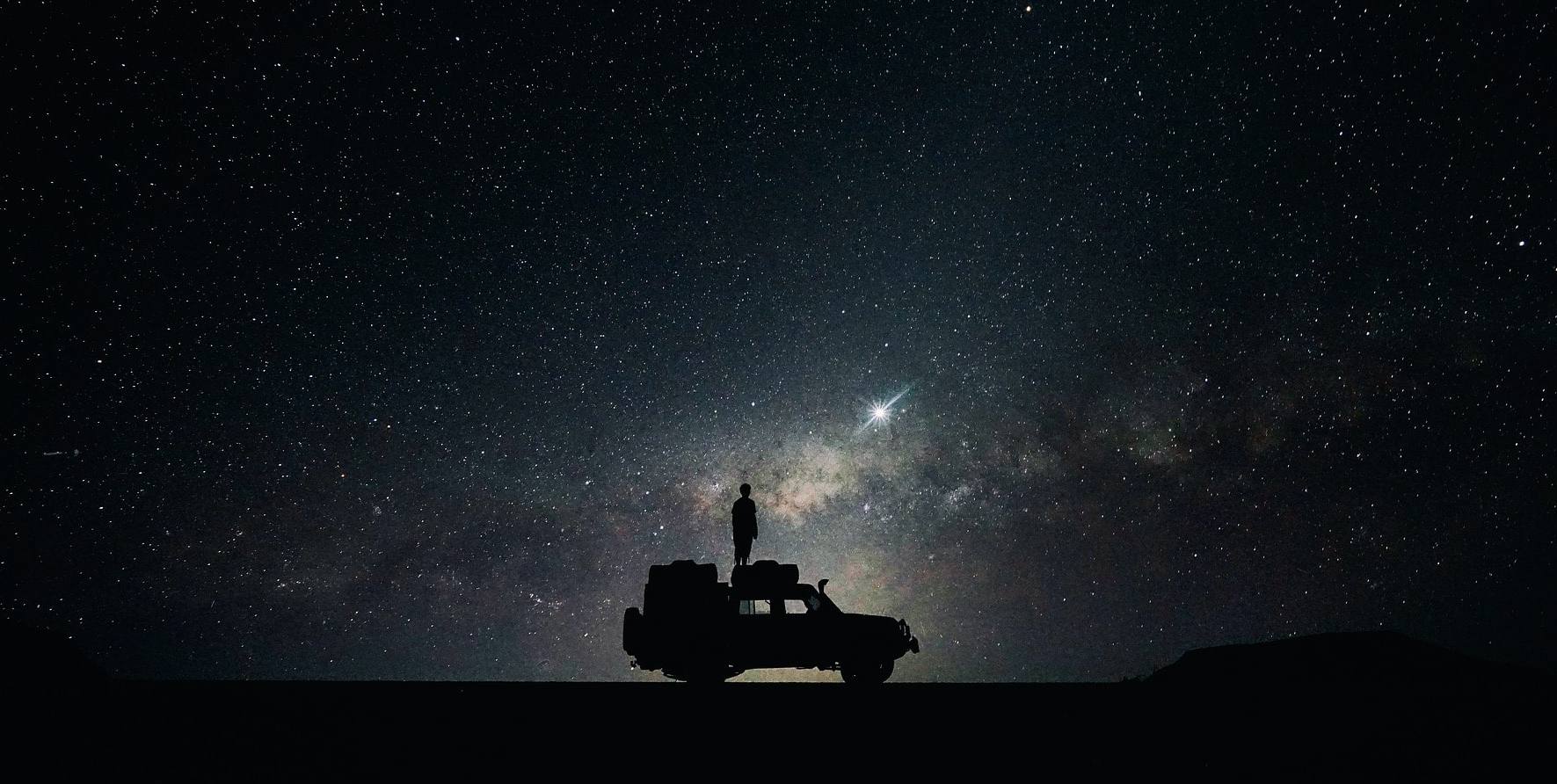Without a doubt, one of the best and easiest ways to explore Australia is by hopping into your 4×4 with all your essential camping gear and hitting the road.
However, as simple as it sounds, adventuring throughout the Australian outback can be quite dangerous, especially if you’re unequipped and unprepared to deal with the unknown.
This is where you’ll need some basic camping and survivability gear.
But how do you know what is the right equipment for you?
Walking into a camping store can be quite overwhelming; with its vast array of equipment, supplies and brands available, you are most likely to walk out with unnecessary gadgets you may not need.
Whether you’re a novice or an experienced 4×4 adventurer who’s looking for a quick checklist, here’s 9 essential items you need for camping.
1. Tent, roof tent and awnings
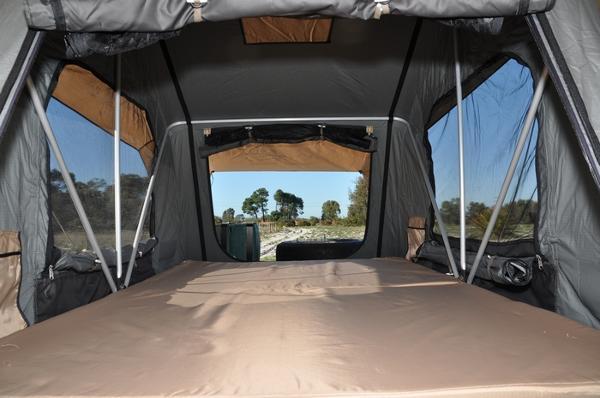
Imagine spending the entire day out hiking, fishing or bush bashing only to realise when it came to putting your feet up, you had nowhere to sleep because someone forgot to pack the tent (highly unlikely). Unless you own an RV or a caravan, it’s pretty clear that a tent is an essential item you need to pack if you plan on camping.
Choosing a tent is the next step. Tents come in all shapes and sizes with some being compact, ultralight and easy to set up, to more complicated kits that come with tarps, poles, tie downs and stakes. You’ll need to decide how many people you want to fit inside it, make sure it is waterproof, and preferably one you can stand up in. For a quick and easy fix, you may want to consider awnings, which use your 4×4 as part of the set up. Total 4×4 offer a wide range of awnings and roof tents that make setting up camp a breeze. Check out our guide to choosing 4×4 awnings.
2. Sleepings bags and swags
What comes after you’ve sorted out where you’re going to sleep? What you’re going to sleep on. As much as we’d like to think we could sleep on the ground in a tent, something about laying on the hard exposed ground doesn’t bed well.
You’re sleeping bag will be determined by where you plan to camp and the season.
Expect to pay around $200 for a decent sleeping bag. You may also want to consider a sleeping pad, which is an air-filled pad, for a softer nights rest.
3. Lighting
If you’re planning on camping somewhere isolated where there less light pollution then you’ll need to consider how you’re going to light up your campsite, other than a fire, and how it’s going to be powered.
As lovely as a campfire can be, they can often be banned in certain areas, and they also aren’t very helpful the moment you leave to go to the toilet. Consider lighting options such as LED torches, battery-operated lanterns, electric gas lamps, or dual fuel.
4. Shovel
You can use it for digging a hole, stirring the campfire, smacking tent pegs, and squashing unsuspecting spiders — the shovel is an essential item you NEED to pack.
5. First aid kit
When you’re in the wilderness anything can happen so it’s always a good idea to have a fully stocked first aid kit. This can include items such as insect repellent, bandages, snake bite kit, and disinfectant. Find out what safety gear you should have at all times.
6. A large esky or portable fridge
The length of your road trip and the location will determine whether you need an esky or a portable fridge. If you plan on camping out in the bush you’ll most likely need a fridge, as ice will only last around 24 hours in the esky.
Check out our range of portable fridges and eskies to keep your drinks cool and your food fresh on your next 4×4 adventure.
7. Cooking gear
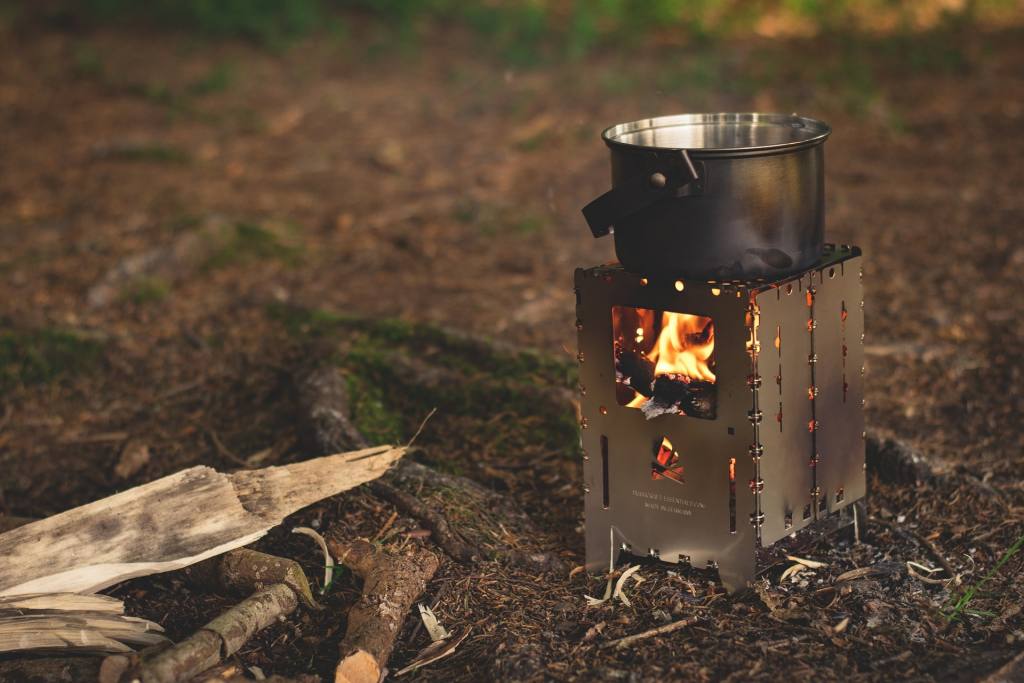
Reliable cooking gear is a must if you plan on surviving out in the middle of nowhere. Unless you’re a well-trained survivalist who knows what mushrooms and berries to eat, not that you’d want to live off these for a few days.
We recommend bringing a 2 burner gas camp stove and some cooking utensils such as a pot or a pan, some cutlery, and basic tableware.
8. Storage/washing tub
Have you tried washing the dishes without a sink? Bring a decent sized storage container that can be used to carry essential items and then turned into a wash tub. This can be used to wash your cooking gear and tableware or even dirty clothes.
9. Rain gear
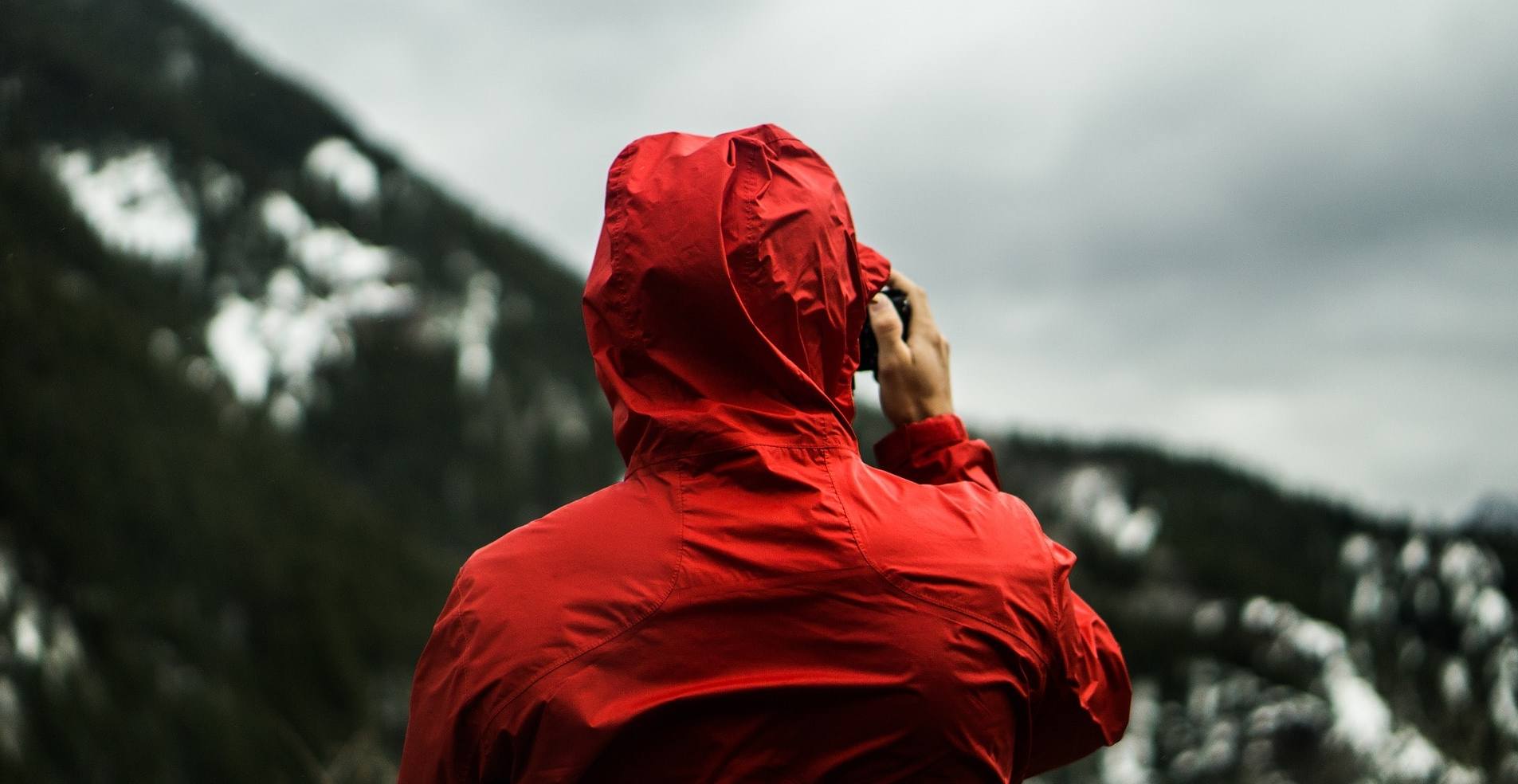
Whether you’re planning on tackling beach tracks in summer or trekking through the rainforest, we suggest bringing your rain jacket or at least some extra clothes. No one likes spending the day with wet soaks or clothes so it’s better to be safe than sorry.
Camping Essential checklist
Before you head off, we have created a checklist of essential campaing items you should have packed, so you don’t find yourself without a first aid kit or a can opener!
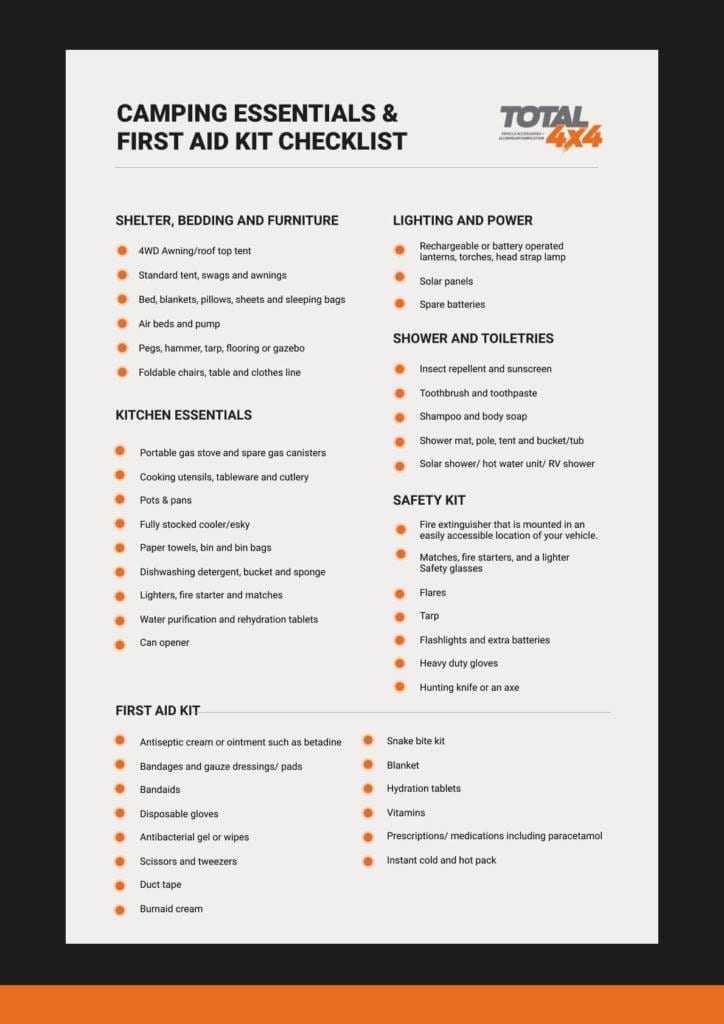
Total 4×4 has you covered
Before you head out on your next 4WD journey, make sure you’re fully equipped with all your essential 4×4 accessories. Anything can happen when you’re hundreds of kilometres from the nearest town so it’s always better to make sure you have the best possible chance of survival.
Check out our article on how to check your 4WD before getting out there and make sure you’ve had a look at our safety gear checklist.
